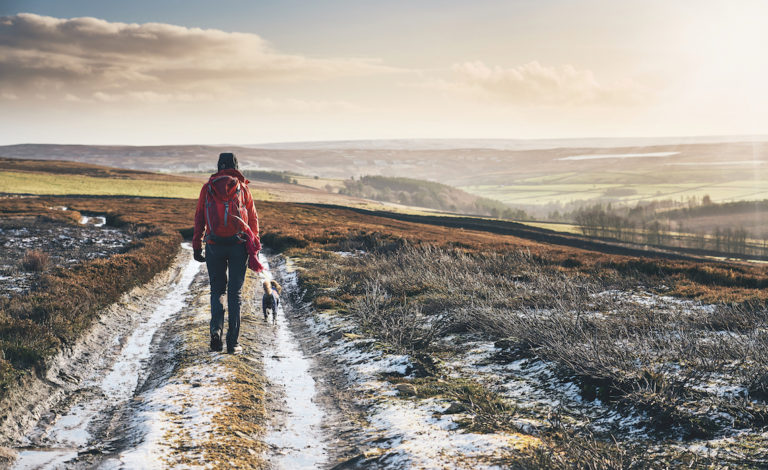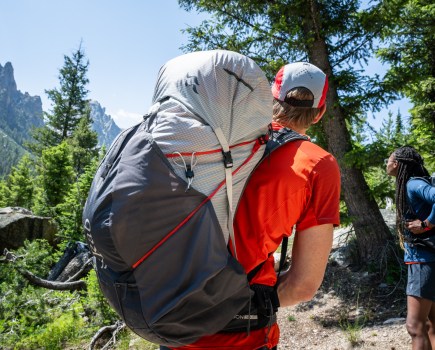The representative bodies for walkers and climbers in England and Wales are among 250 signatories expressing “profound concern” over a new government bill which they say could restrict the right to protest and make it harder to access the countryside.
An open letter signed by The Ramblers and the British Mountaineering Council called on the government to rethink the Police, Crime, Sentencing and Courts Bill, which is in parliament this week.
The letter expresses alarm at the law, which applies to England and Wales, and argues it would: threaten the right to peaceful protest through draconian new police powers; criminalise the way of life of Gypsy and Traveller communities; have a negative impact on people’s ability to freely access to the countryside; and is being rushed through parliament without enough scrutiny.
In an accompanying statement, the Ramblers added they were particularly concerned about the apparent threat to the right to protest, saying: “Our current rights to access the outdoors have been built on the legitimate protest of previous generations.”
They added: “The focus of the Bill’s trespass provisions is on ‘residing in a vehicle on land without permission’. However, the lack of clear definitions in the legislation mean that this could have a wider impact – and serve to increase tensions between landowners and those accessing the outdoors.”

The Kinder Scout Mass Trespass of 1932 – a landmark access protest
The statement also expressed concern that the bill is being rushed through parliament, while legislation like the Environment Bill – which sets out how the government plans to protect and improve the natural environment in the UK after Brexit – has been repeatedly delayed due to lack of parliamentary time.
The British Mountaineering Council also said they were concerned about “unintended consequences” of provisions in the bill, saying: “Part 4 of the Bill (Unauthorised Encampments) relates to ‘residing on land without consent in or with a vehicle’. However, the lack of clear definitions in the legislation may mean that ‘vehicle’ could include a bicycle and could serve to increase tensions between landowners and those accessing the outdoors.”








